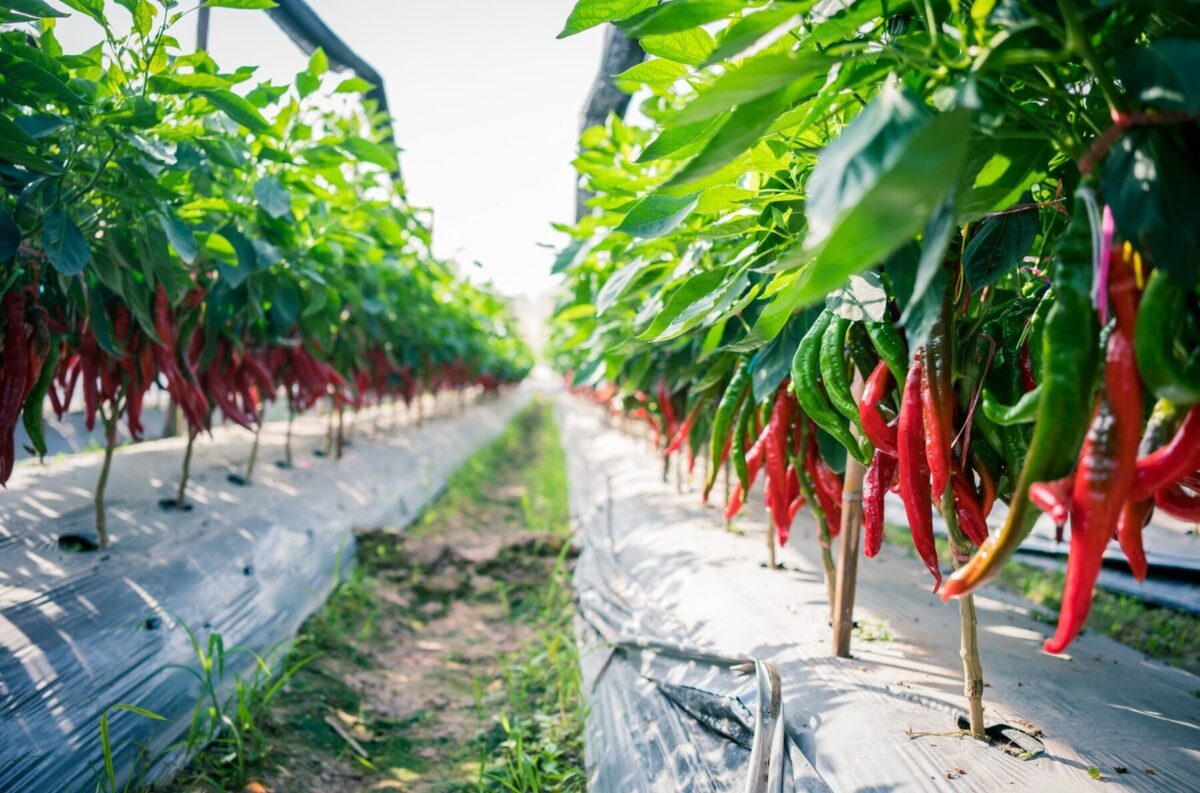Kenya Resumes Chili Exports to EU After Temporary Ban

Kenya’s regular chili exports to the European Union (EU) have been successfully resumed after a two-month hiatus. This interruption in exports stemmed from the interception of chili shipments in July that failed to meet the EU’s stringent phytosanitary standards. This breakthrough signifies Kenya’s commitment to global trade and quality standards.
The Kenya Plants Health Inspectorate Service (KEPHIS) has played a pivotal role in resolving the chili export issue. According to KEPHIS’s Managing Director, Theophilus Mutui, there have been no further incidents since July, and Kenya is actively collaborating with the EU to establish clear and consistent export standards to maintain its reputation as a reliable supplier of agricultural products to international markets.
The EU has proceeded to proactively show its support in helping Kenya meet its export requirements and prevent future disruptions by donating laboratory testing equipment worth 3.1 million Kenya Shillings. These Certified Reference Materials (CRMs), calibrated to EU standards, will enable Kenya to meet Global Good Agricultural Practices (Global GAP) criteria for pesticide residue levels, aligning its agricultural products with EU regulations.
READ: $1.6 Million US Investment Partnership to Boost Coconut Processing and Export in Kenya
Adolfo Cires, the EU’s Manager for Finance and Private Sector Development in Kenya, emphasized that these testing capabilities would streamline the evaluation of pesticide residue levels in crops, making the process more accurate and efficient. This enhancement in testing infrastructure is not only beneficial for Kenya but also sets a positive precedent for global agricultural trade.
Kenya will indeed increase its agri-produce exports to the EU market significantly by meeting international phytosanitary standards, aligning perfectly with the concept of ‘one test accepted globally,’ which promotes seamless international trade and harmonized standards for agricultural products.
The EU is a crucial trading partner for Kenya, with the country earning an estimated 188 billion Kenya Shillings in foreign exchange primarily from the export of vegetables, fruits, and flowers. The previously signed EU-Kenya Economic Partnership Agreement, which removed tariffs and quotas on all Kenyan exports of goods (excluding arms), further solidifies this vital economic relationship.



